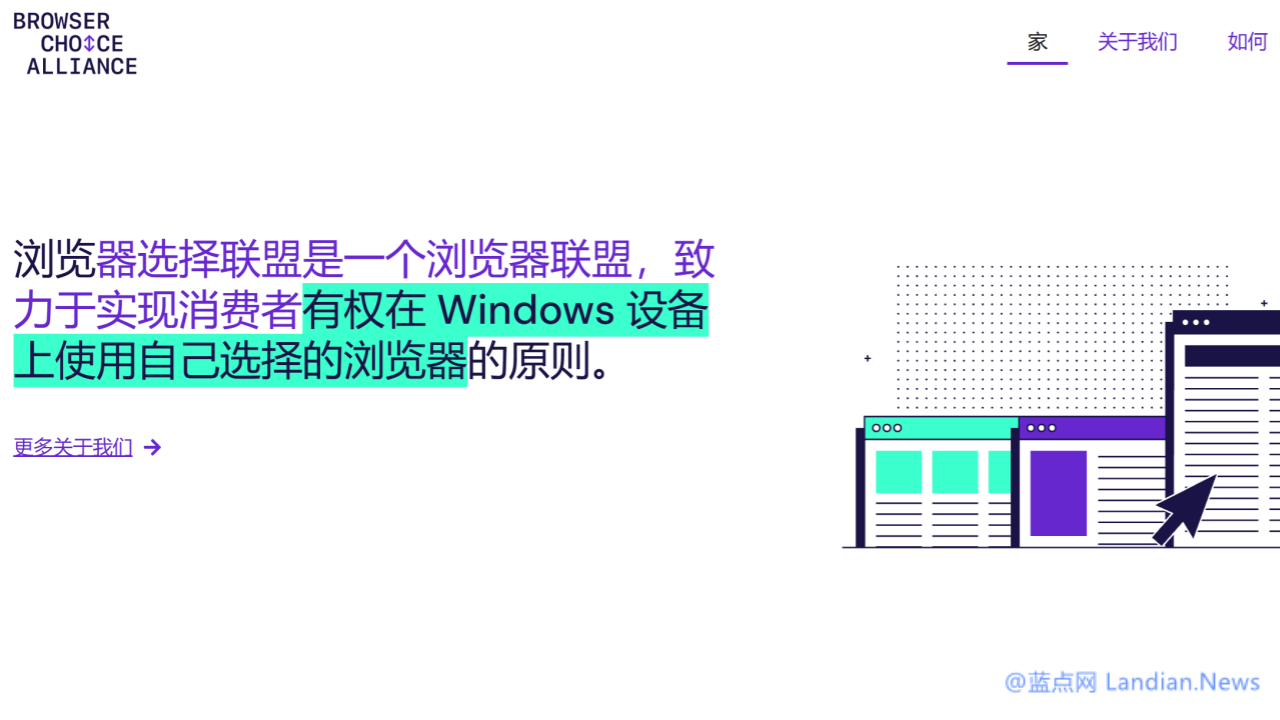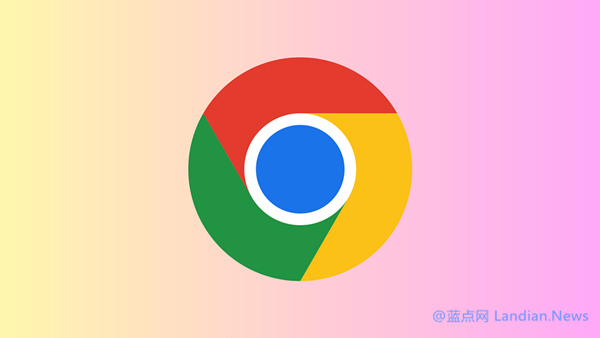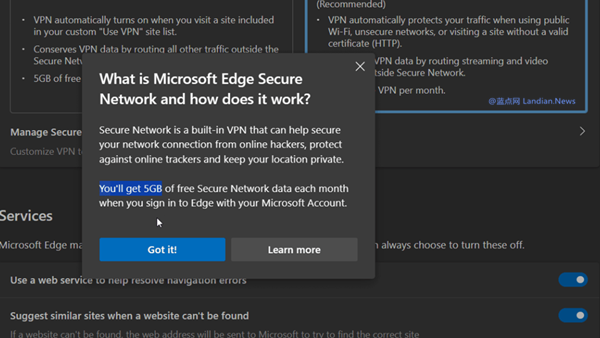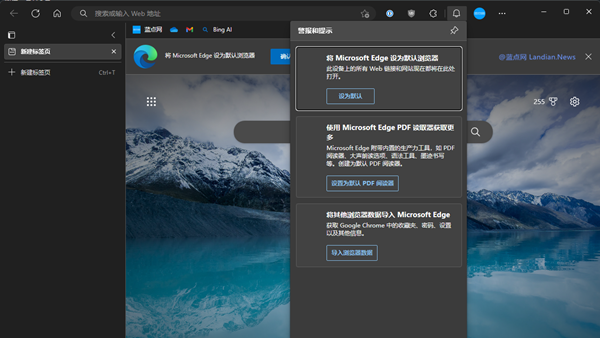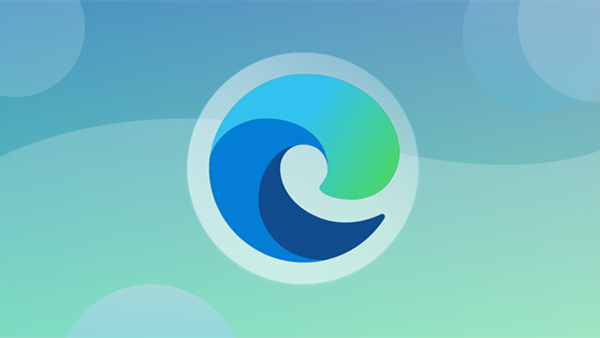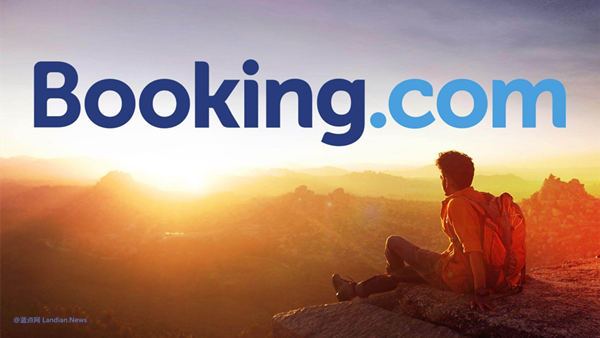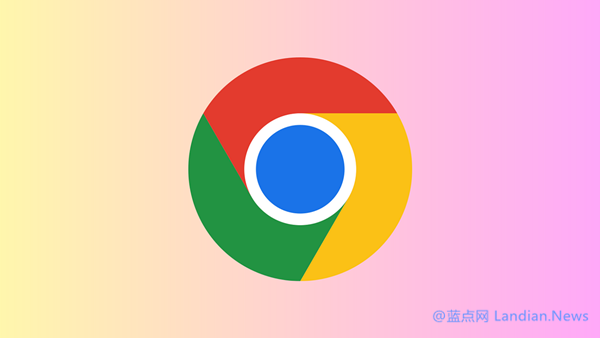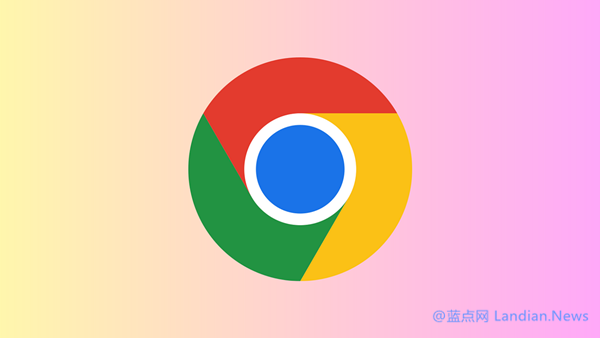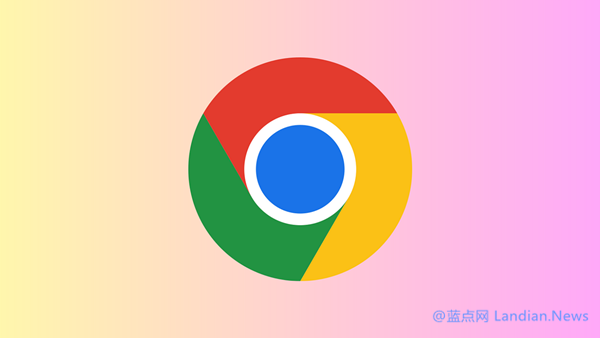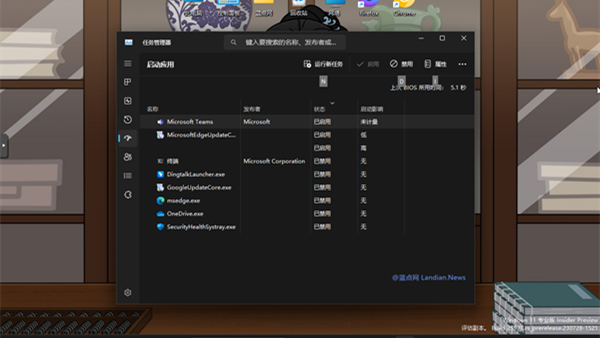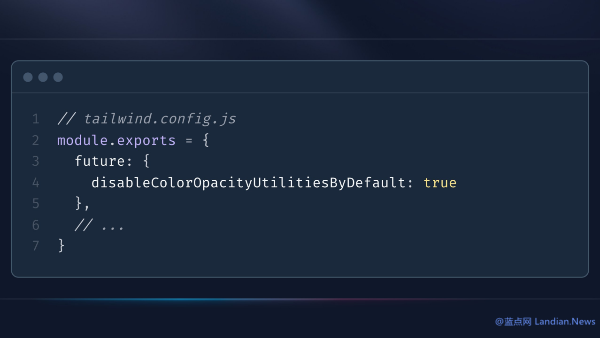Chrome Joins Forces with Opera, Vivaldi, Waterfox, and Others to Battle Microsoft Edge
Recently, a new industry coalition called the Browser Choice Alliance was established in the European Union, comprising major members such as Google Chrome, Opera, Vivaldi, Waterfox, and Wavebox.
The primary aim of forming this coalition is to counter Microsoft's Edge browser. The alliance is dedicated to lobbying the EU to classify Microsoft Edge as a "gatekeeper" application under the Digital Markets Act.
In the context of the Digital Markets Act, a "gatekeeper" refers to software or services that reach a certain threshold of user volume or control over consumer's main internet access points, and thus must adhere to strict regulations.
For instance, Chrome has been designated as a gatekeeper and is under strict regulation by the EU, while Microsoft Edge has not been designated as such due to its lower market share and user volume.
It's somewhat ironic that other browsers forming an alliance is one thing, but Chrome, with the highest market share and user base, joining the alliance raises questions. Google's stance is that it prides itself on advocating for consumers' organizations, and that users' choice of downloading and using a browser should be respected.
Apple's Safari, which does not support the Windows system, has not joined this alliance. The reasons why Firefox and Brave have not joined remain unclear, especially since Firefox would presumably be strongly opposed to Microsoft's practice of bundling and setting Edge as the default browser.
The Browser Choice Alliance argues that Microsoft has created dark patterns, technical barriers, and deceptive practices to prevent consumers from setting third-party browsers as the default on Windows PCs. The alliance believes that fair competition between browsers is crucial, as browsers play a vital role in educational and corporate environments.
Vivaldi's CEO expressed concerns about Microsoft's anti-competitive behavior in an open letter and opposed the EU's decision not to designate Microsoft Edge as a gatekeeper application under the Digital Markets Act. Microsoft's Defender SmartScreen filter may also display misleading pop-up screens and warnings when downloading third-party browsers.
Indeed, the issues raised by the Browser Choice Alliance do exist. Installing a third-party browser and setting it as the default on Windows 10/11 involves several steps, which can be challenging for most average consumers.
Microsoft's pre-installation and anti-competitive practices have indeed rapidly increased the market share of the Microsoft Edge browser, which is not favorable for other third-party browsers, including Chrome.
